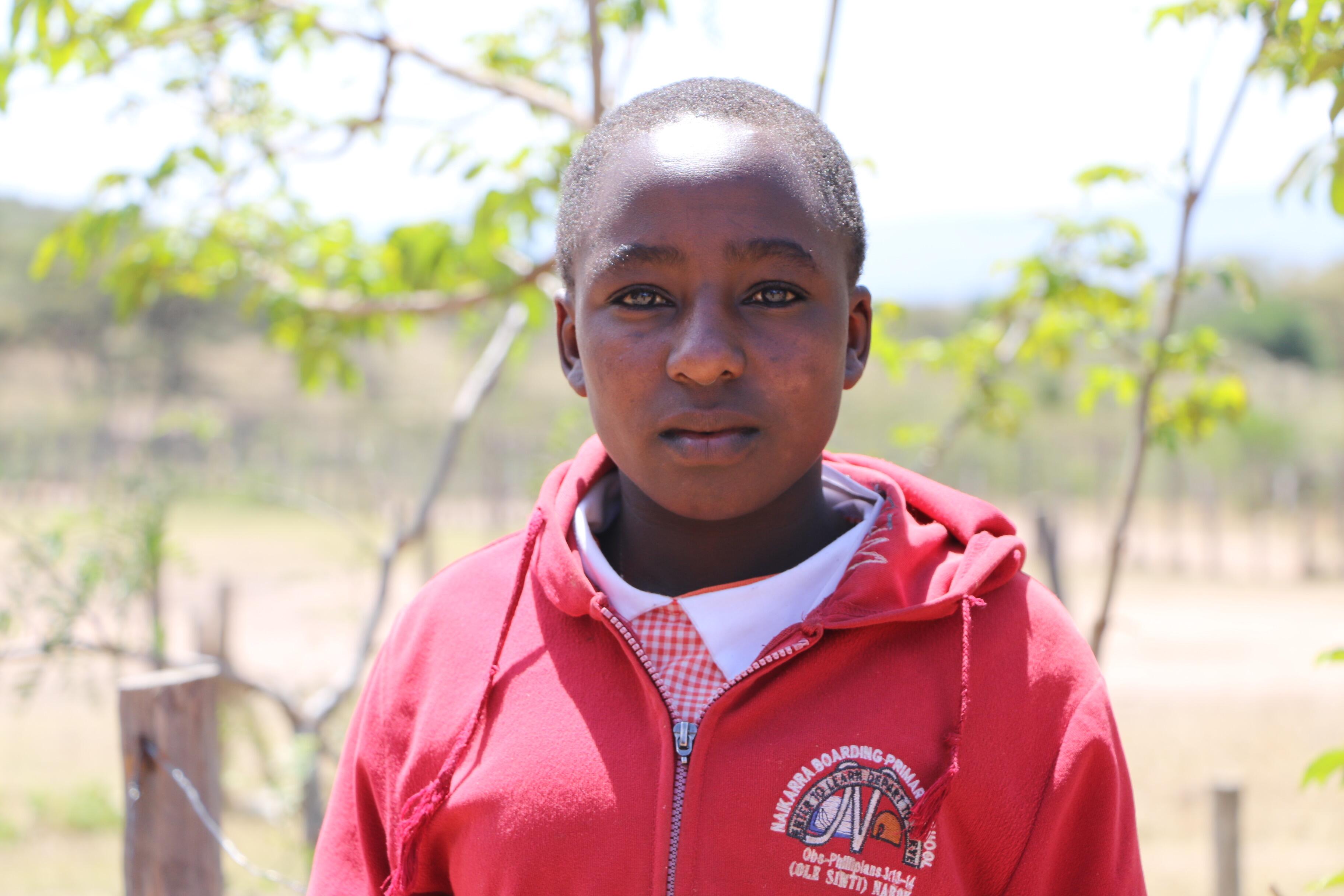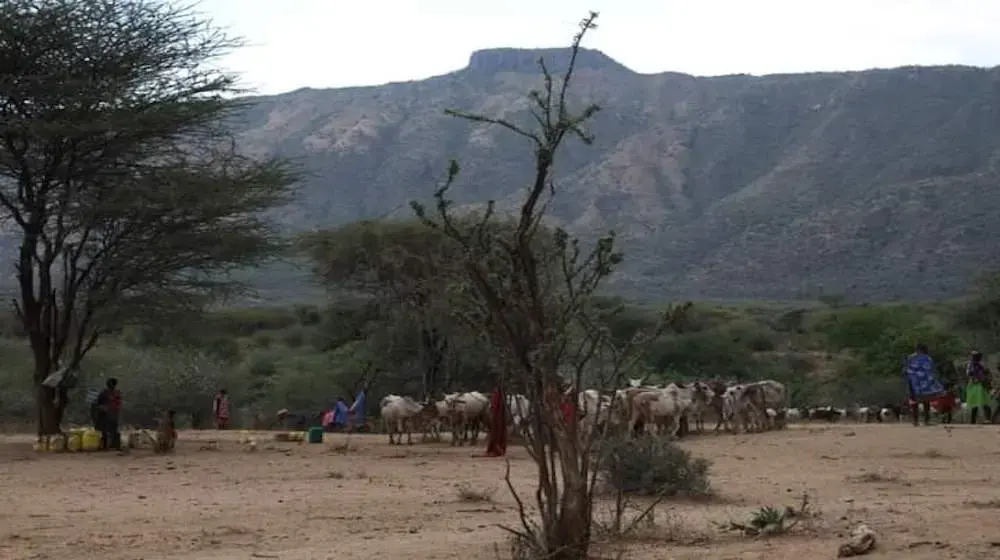“I woke up one morning, and my father told me that we were poor and needed money,” says Faith Kiraison, a 13-year-old girl in Naikarra, Narok County.
Confused, Faith didn’t understand why her father was telling her about the family financial hardship. Well, until he explained that he had gotten an elder in the village to marry her, and in fact, they had even agreed on the bride price.
Then it got worse. Before she could be married off, she first was to get circumcised. It’s at that moment that Faith; then aged 11, knew she had to run away from home.
“How am I expected to be a wife to someone my father’s age?” she asks thoughtfully.
Shocked. Bewildered and scared, Faith, the eldest in a family of three siblings began to hatch an escape plan. Two days later, she sneaked from home at dawn while her family was asleep. She walked for over 20 kilometres to the only place she had heard of through her friends she would get help. That place was Naikarra Primary School.
With tattered clothes, tired, hungry and emotionally drained she entered the headmaster’s office, fell on the floor and busted into tears, says Edith Komoni Kipteng, a teacher at the school.
“Frankly speaking, we were not surprised as a school. Over the years we have witnessed this scenario of girls running away from their homes to avoid FGM [female genital mutilation] and early marriage by seeking refuge at the school play out countless times,” says Edith.
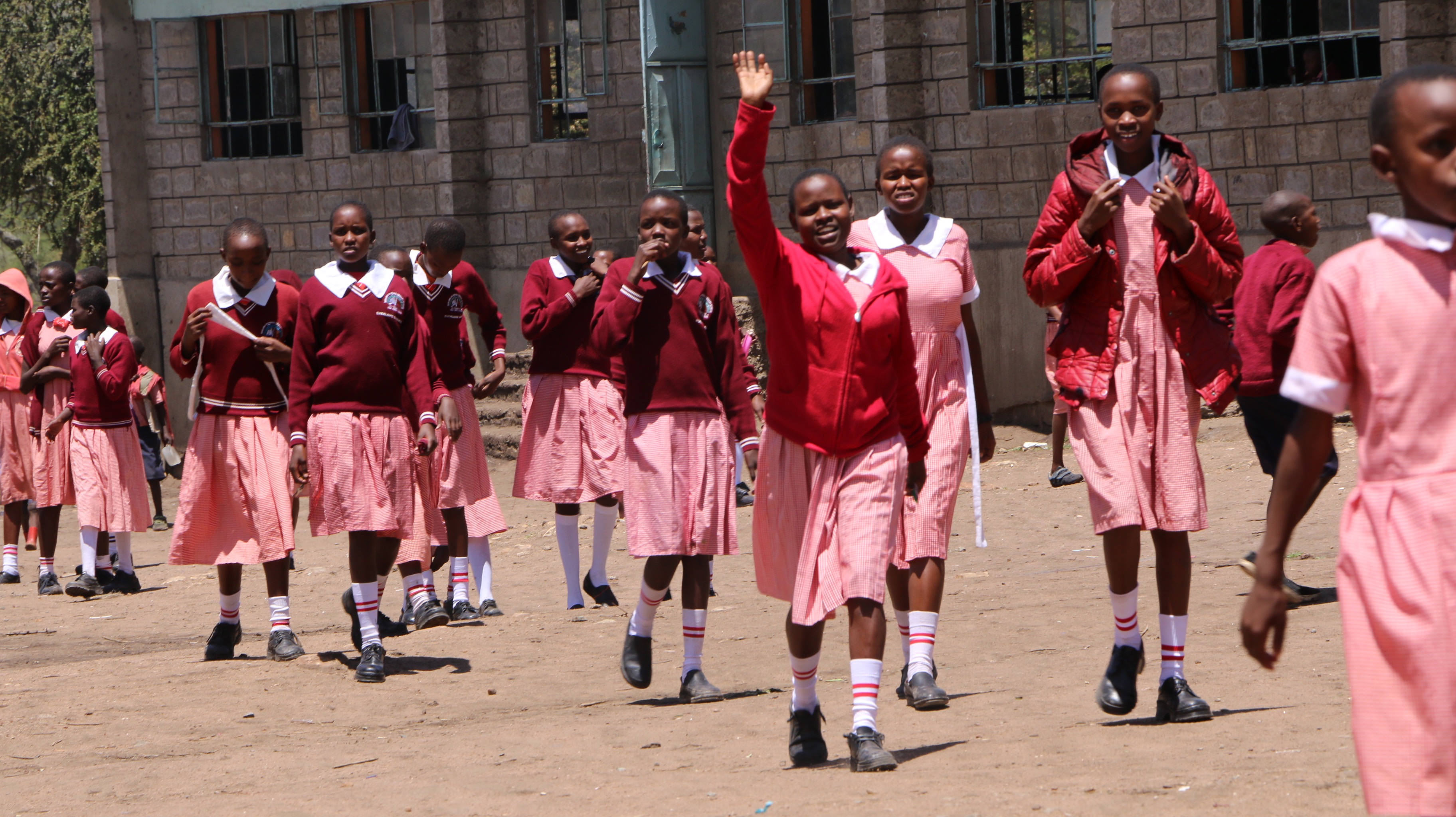
However, as much as Edith has seen hundreds of girls running to the school for help, she admits Faith’s case was of particular interest to her.
“She looked utterly malnourished and scared. Her feet were swollen due to the long walk. The desperation and hopelessness in her eyes and voice spoke volumes,” says a seemingly disturbed Edith.
“To me, her case was personal, for the simple fact that here was an 11-year-old who had never stepped into a classroom and wanted desperately to make something out of her life. Besides, the school was her last hope,” says Edith.
It took hope and courage for the school to take her in. Its capacity, in terms of resources and facilities, had extremely been stretched, making it almost impossible to admit more girls.
“As a matter of fact, over the past week we had turned away a number of girls who had run away from home,” Edith says emphatically. “It’s the toughest thing I have had to deal with. But what can we do? The reality is the school can only do so much.”
Faith has now been integrated into the school. The least the school has done to help is allow her to study and live at the school. “The only clothes I have are the ones I am wearing, which I collected from the trash,” says Faith.
“I don’t have a bed or mattress, so each night some of the girls in the dormitory will interchangeably allow me to share a bed with them," she adds. "
It’s tough for me, especially since I have not seen my parents and siblings for two years now, but trust me, this is much better than being married to someone my father’s age,” says Faith while trying unsuccessfully to force a smile.
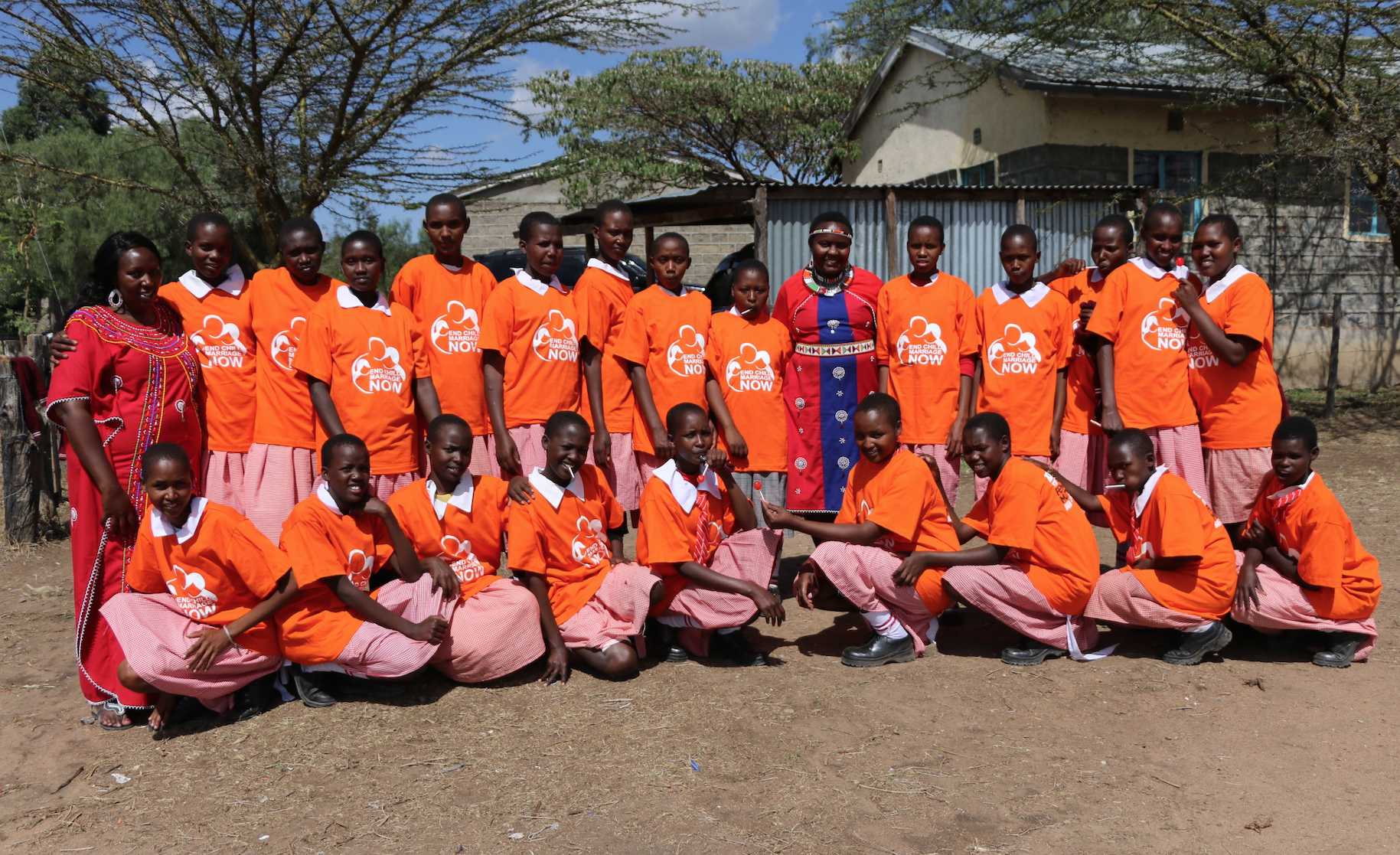
Incidentally, Faith’s best friends at the school are Sylvia and Vivian, both who ran away from home to avoid FGM and early marriage. Over 100 girls, from a population of 500 pupils, are currently studying at Naikarra Primary School and stay in the school dormitory.
“It’s such a bold and courageous undertaking for a girl to decide to leave her family behind. Essentially for most, it means being completely cut off from their loved ones and the only place they ever knew as home,” says Edith.
For most, returning home would mean death. Consequently, the school has made arrangements for the girls to stay at the school during school holidays, to protect them from FGM and being married off when they return home. In addition, many of them live in school dormitories supported by World Vision Kenya, a partner working with UNFPA in promoting the abandonment of FGM and child marriage.
“If I ever return home, I am absolutely sure I will be forced to go through FGM, and after that married off,” says Faith thoughtfully.
What’s going on?
Sadly, Faith’s story is a representation of so many girls in many parts of Kenya.
The Kenya Demographic Health Survey report (KDHS 2014), for instance, indicates that an estimated 11 percent of girls have undergone FGM and 23 percent of girls are married before their 18th birthday. While approximately one in every five teenage girls between the ages of 15-19 have begun child bearing.
FGM and child marriage is the toxic product of poverty and gender inequality. Girls who undergo FGM and end up in child marriages tend to be less educated and live in rural areas.
Seemingly, one of the biggest challenges is that many girls in rural areas are often perceived by their families as either an economic burden or valued as capital for their exchange value in terms of goods, money and livestock. To justify these economic transactions, a combination of cultural, traditional and religious arguments is often employed.
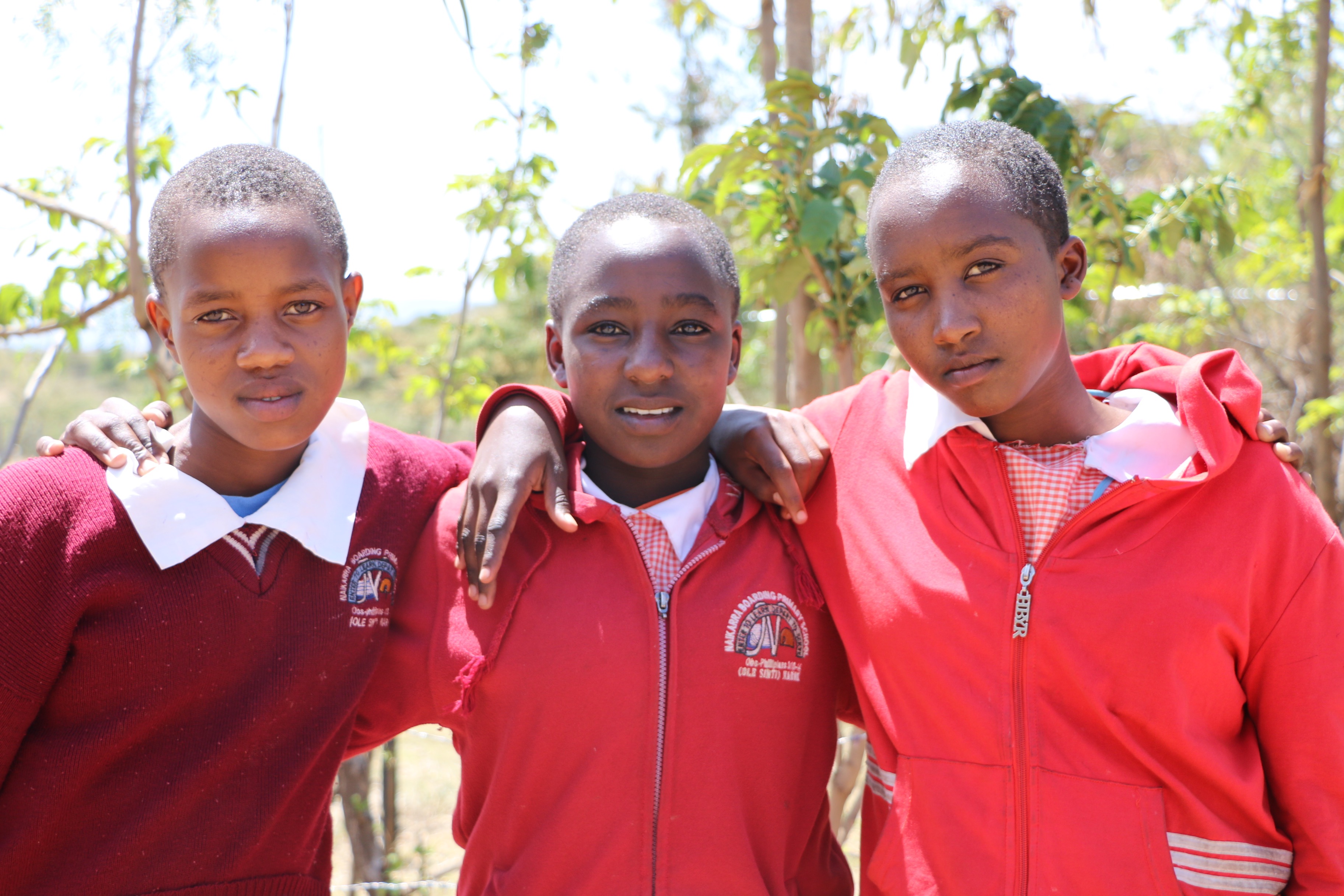
Girls pressed into FGM and then married off often become pregnant while still adolescents, increasing the risk of complications in pregnancy or childbirth. These complications are a leading cause of death among older adolescents in developing countries.
What’s being done!
With the estimation that girls completing secondary school in Kenya would add about $27 billion to the economy over their lifetimes, UNFPA promotes programmes, legislation, and policies designed to end FGM and child marriage.
In this regard, UNFPA supports evidence-based, girl-centered investments that empower girls with information, skills and services they need to be healthy, educated and safe, helping them make a successful transition to adulthood.
UNFPA also works to support the needs of married girls particularly in family planning and maternal health including safe deliveries.
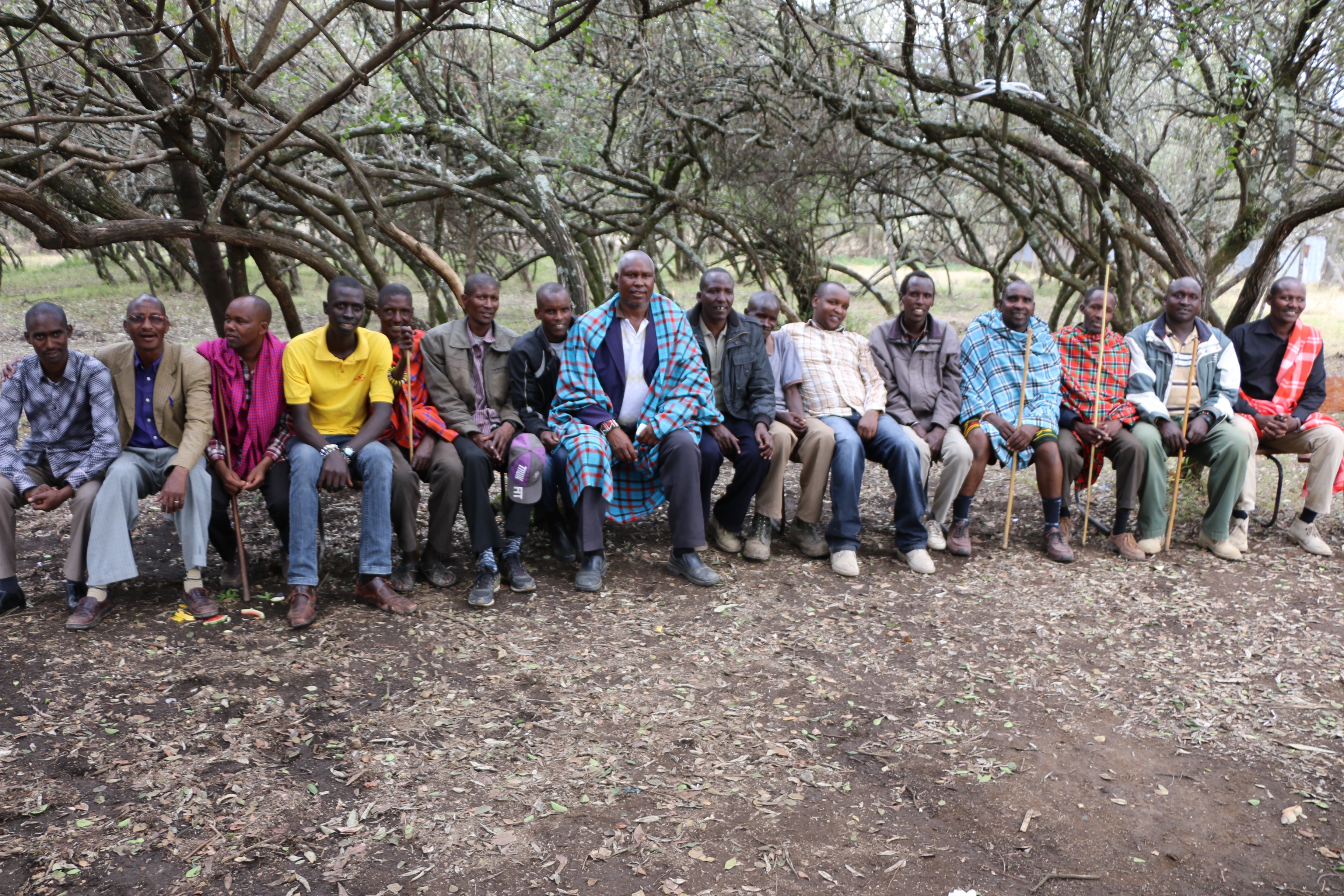
Under the UNFPA-UNICEF Joint Programme, the national and county governments and organisations such as World Vision Kenya and the Federation of Women Lawyers Kenya (FIDA Kenya), promote and protect the human rights of girls. This includes assisting with the development of policies, programmes and legislation to address and curtail the practice of FGM, including child marriage.
UNFPA is also supporting World Vision Kenya to facilitate community dialogue on ending FGM and other harmful cultural practices such as child marriage for target groups such as elders and morans (young men/warriors of the Kenyan Maasai ethnic group).
It is indeed at the core mandate of UNFPA to empower girls to know and exercise their human rights, including their right to choose, as adults, whom to marry.
Ultimately, at UNFPA we believe that girls should be studying, not learning how to be wives and mothers.
Written by Douglas Waudo, Communications Analyst, UNFPA Kenya

